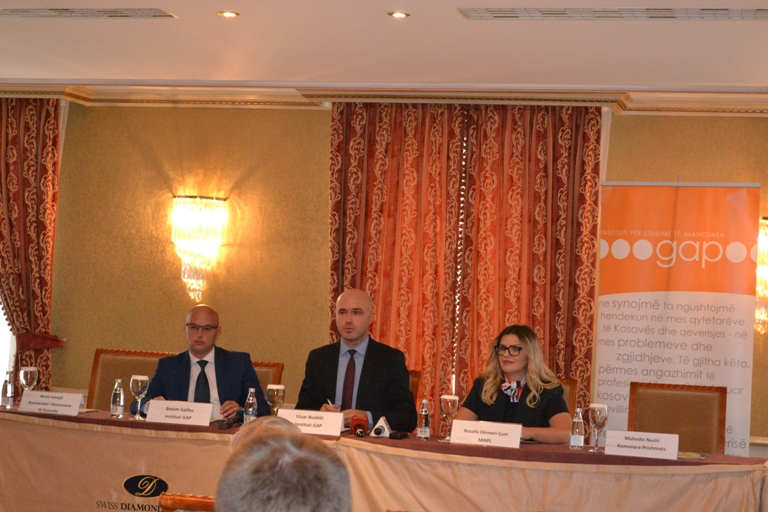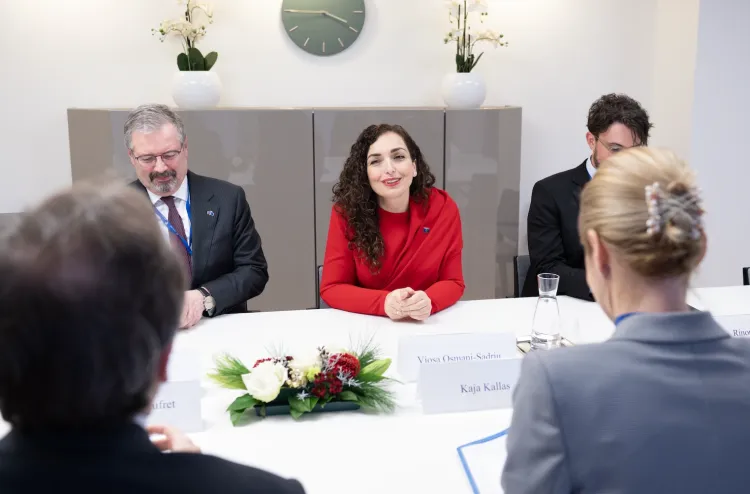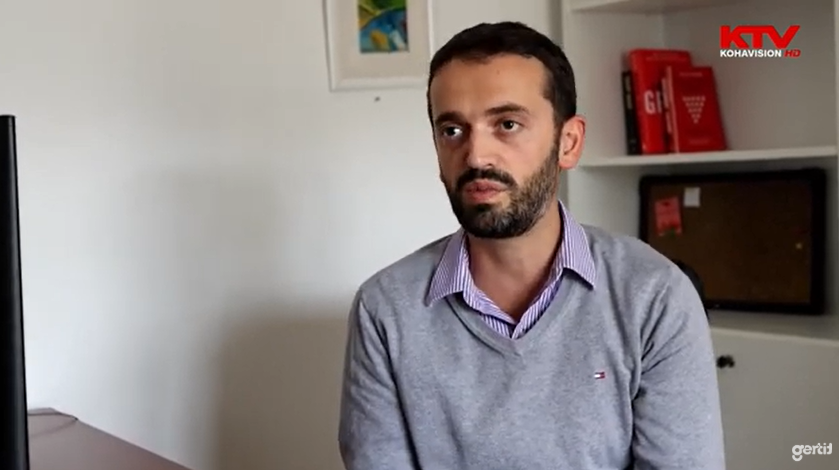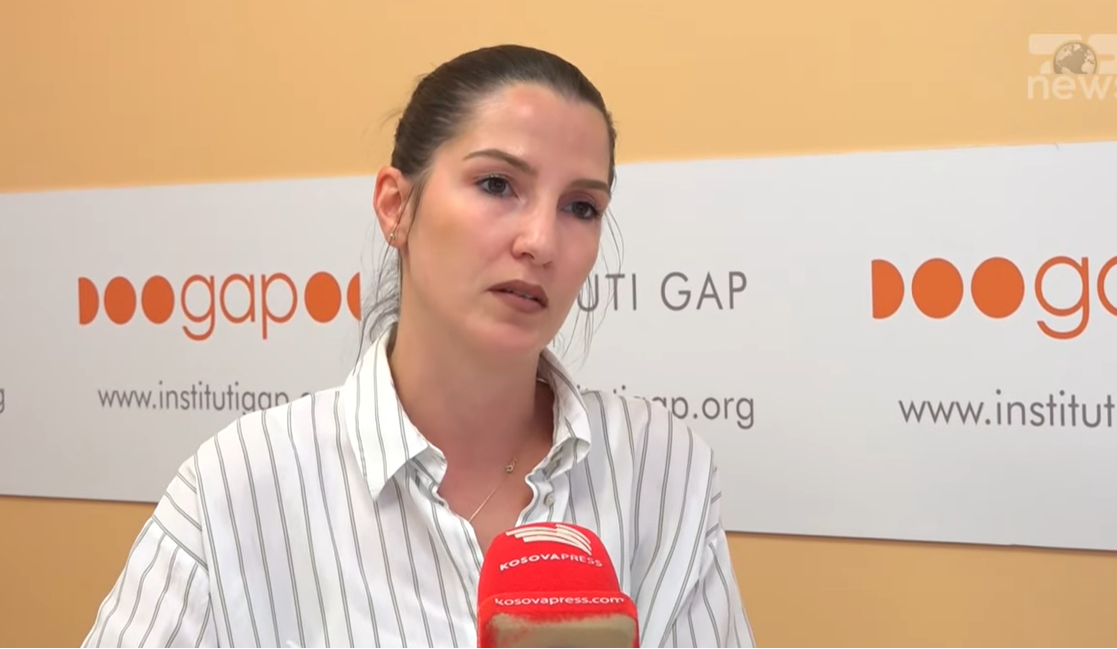What are the real competences of local governments
08/09/2017
Today GAP Institute presented its report on municipalities own-competences.
Bekim Salihu, a researcher at GAP Institute, said that according to this research, the municipal competencies listed in Article 17 of the Law on Local Self-Government, are competencies that are largely exercised under the authority of the central government. Water supply competence is an example, where although the Law on Local Self-Government gives municipalities competencies and holds them responsible for water supply, in practice, water supply is a competence of regional public enterprises, which are accountable to the Ministry of Economic Development. Also, waste management is not a municipalitys own competence, but it is the task of regional public waste management companies, which are managed by a consortium of municipalities, where usually the smaller municipalities are overridden by the larger municipalities. Similar cases are encountered in the field of emergencies, health, education and other fields. Moreover, through legal changes, the central level aims to expand its competencies in the field of procurement, legal protection of municipalities, which will detriment the local level. GAP recommends that public institutions should change the laws by which they would give greater competencies to municipalities.
Mrs. Rozafa Ukimeraj-Çuni, General Secretary of the Ministry of Local Government Administration (MLGA), emphasized that the basic legislation for local self-government is approaching a decade of implementation and the results are visible in many areas. Progress has been highlighted in the area of legality of municipal acts; increase performance in service delivery; advancement of local democracy and unification of local self-government at national level. According to Ms. Ukimeraj-Çuni, Kosovo has developed a very good framework of laws and policies, but their implementation faces difficulties regarding the financial, human, professional and institutional aspects. Referring to the report of the GAP Institute, municipalities have a wide range of own competencies, but the same set of municipal competencies for all municipalities has left many open issues and in the consolidation phase of local self-government in the future seek systemic solutions. For this reason, MLGA has sponsored the Local Self-Government Strategy 2016-2026, where GAP Institute has also contributed on the drafting of this strategy, which has been endorsed by the government, thus setting strategic orientations for the next ten years. During 2017, MLGA has approved the regulation for publication of municipal acts; municipal regulation on the completion of the process of drafting the Law on the capital and the existing law on the management of municipal property is in the process of being amended as one of the most substantive laws.
In the end Mrs. Ukimeraj-Çuni reconfirmed the position of the Ministry regarding the cooperation with civil society and the Association of Municipalities to jointly contribute on the improvement of local self-government.
Prior to the presentation of the analysis in Pristina, GAP Institute presented this report in Gjilan, Prizren and Peja, where the municipalities of these regions have debated on own municipal competencies. The representatives of all the municipalities that participated in these debates confirmed that the current legal basis does not guarantee government independence for the municipalities.
Please click here to read the full analysis.















